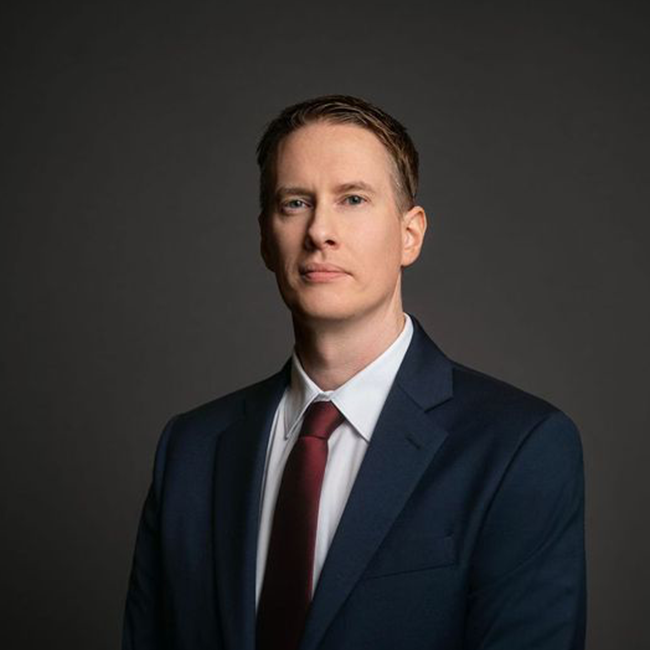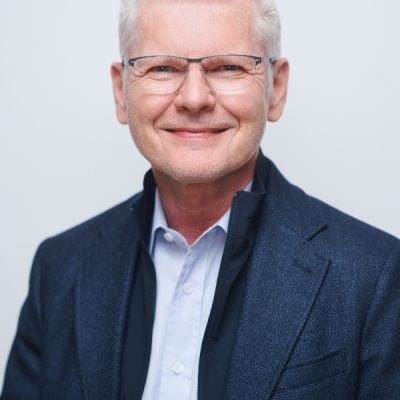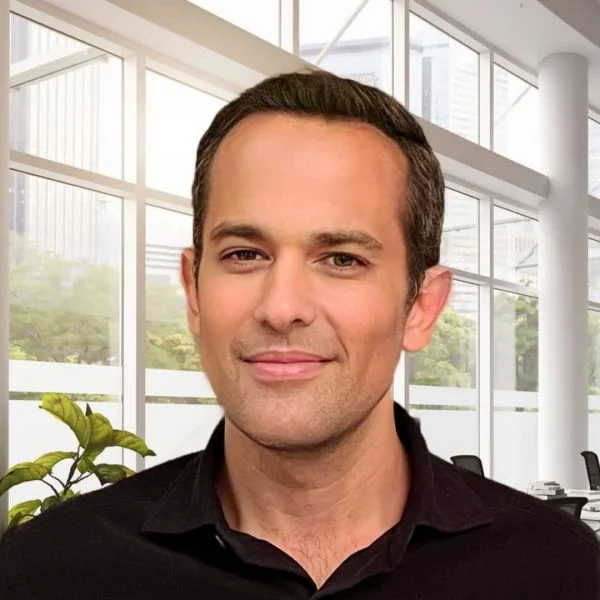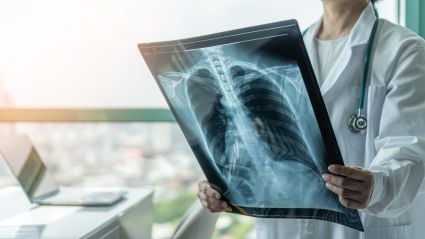| H.E. Vanessa Frazier Co-Facilitator High-Level Meeting on Anti-Microbial Resistance Permanent Representative of Malta to the UN New York, NY 10016 | H.E. Francois Jackman Co-Facilitator High-Level Meeting on Anti-Microbial Resistance Permanent Representative of Barbados to the UN New York, NY 10017 |
Dear Co-Facilitators,
On behalf of the Milken Institute’s FasterCures, we would like to express our strong support for current initiatives taking place globally that seek to address the threat of antimicrobial resistance (AMR). As a part of the Milken Institute, a nonprofit, nonpartisan think tank organization, FasterCures sits at the intersection of health and finance to save lives by speeding scientific advancements for all patients. We appreciate the opportunity to provide our perspective regarding the zero-draft ahead of these critical discussions during the UN General Assembly this September.
Based on our multi-stakeholder convenings and research on AMR over the last five years, we recommend the following three areas be considered in advance of the UN High-Level Meeting on Antimicrobial Resistance, particularly regarding proposed Panel 2: Transforming human health, animal health and agri-food systems and protecting the environment through sustainable resources, financing and investment to address AMR on the Zero-Draft Resolution.
I. Sustainable Financing of Antibiotic Development
Sustainable financing of antibiotic development is critical to developing life-saving treatments that address AMR. Government and philanthropic funding and financing have been essential to sustaining early-market development of antibiotics and will continue to be so in the future. However, in the later stages of development and commercialization, securing adequate financing to see a drug through the approval and manufacturing processes remains a challenge. Achieving equitable access to medicines is essential to raising the standard of health of all, but this is not possible when there are no antibiotics that work in the first place. With this in mind, FasterCures has convened global leaders in government, drug development, investors, and finance to discuss the value of pull incentives that provide guaranteed payments and investment returns to alleviate the market failures that disincentivize the development of new antibiotics. The key takeaway from these discussions, summarized in our 2022 report, Models for Financing Antibiotic Development to Address Antimicrobial Resistance, reinforced that pull mechanisms like subscription or similar revenue guaranteeing models are crucial to revitalizing the antibiotic development pipeline. We ask for a commitment from stakeholders to lay the groundwork to coordinate a sustainable financing mechanism for antibiotic development as a major component of the discussions, as originally featured in the political declaration on the 2016 High-Level Meeting of the General Assembly on Antimicrobial Resistance.
II.Private Sector Investment and Engagement
Our research has also highlighted that a truly sustainable solution to this issue must include the private sector and private investment. Antibiotic innovation is as capital-intensive as any other drug category, but it does not generate the kind of returns needed to offset large upfront investments due to the stewardship required to reduce resistance. In our previously above cited report, we examined mechanisms for attracting a diverse investor base at different stages in antibiotic development and recommended two models for incorporating new investments – establishing a blended capital fund and pooling drug assets in a bond structure. We urge a clear commitment be made to establish a pathway for strong private sector investment and industry engagement as potential global financing mechanisms are deliberated.
III. Pandemic Prevention: Global Coordination in Biosurveillance Networks
Greater global collaboration is needed on biosurveillance networks to detect the spread of emerging drug resistant pathogens. Despite significant investments in pandemic preparedness, the COVID-19 pandemic demonstrated our vulnerability to emerging threats. In parallel with our AMR work, we have convened leading global experts across multiple sectors to identify investments that can help prevent future pandemics. One of the key gaps is a lack of investment on coordination of surveillance efforts across countries and sectors. Such coordination would help maximize resources, reduce redundant investments, and ultimately yield more meaningful insights. Global coordination of the surveillance of emerging pathogens, including drug-resistant bacteria, must be part of the discussions alongside national action plans, as committed to in the 2016 declaration. A mechanism for coordination can leverage existing multilateral efforts such as the International Pathogen Surveillance Network (IPSN), hosted by the WHO Hub for Pandemic and Epidemic Intelligence, alongside an entity that can bring in the private sector and civil society. These ideas are further elaborated in our 2022 report, A Global Early Warning System for Pandemics: A Blueprint for Coordination, and 2023 report Innovative Finance Models for Global Early Warning Systems for Pandemics. It is only through coordination across sectors that we can appropriately leverage finite resources to address the challenges confronting global public health.
We would welcome the opportunity to provide more detail on any of our recommendations for the discussions and key findings from our work.
Sincerely,
Esther Krofah
Executive Vice President, MI Health
Milken Institute
Sung Hee Choe
Managing Director, FasterCures
Milken Institute

















